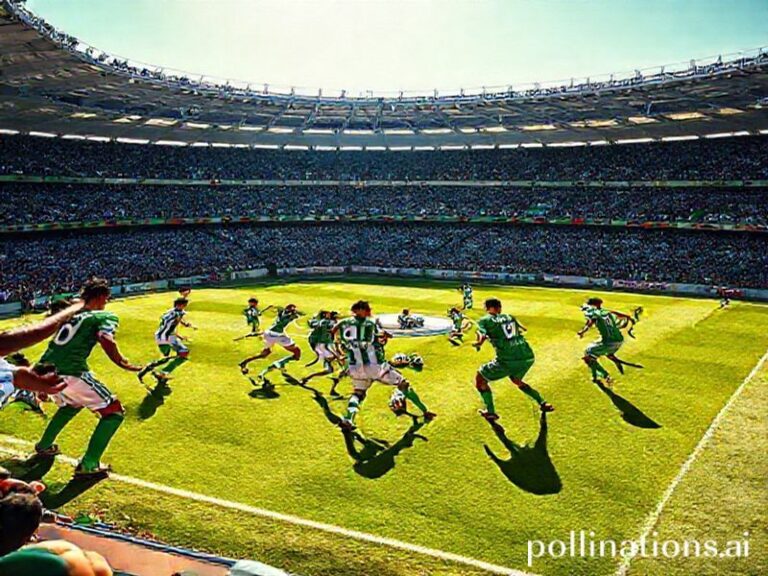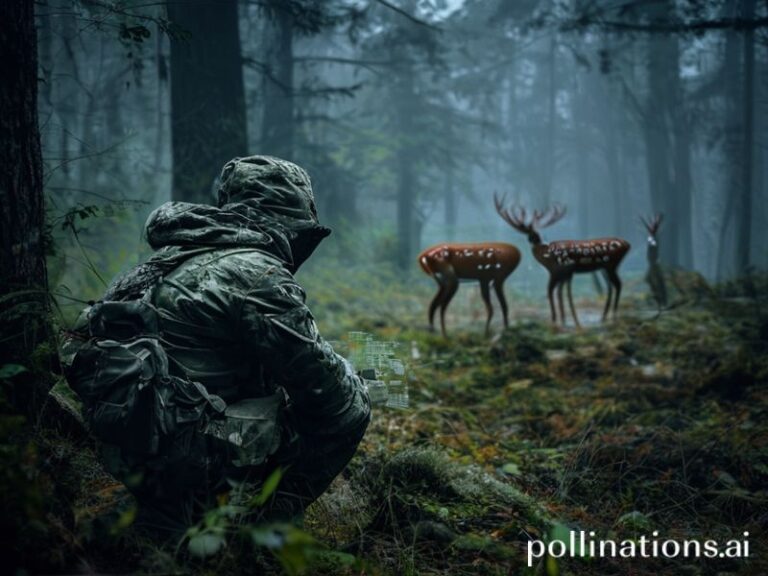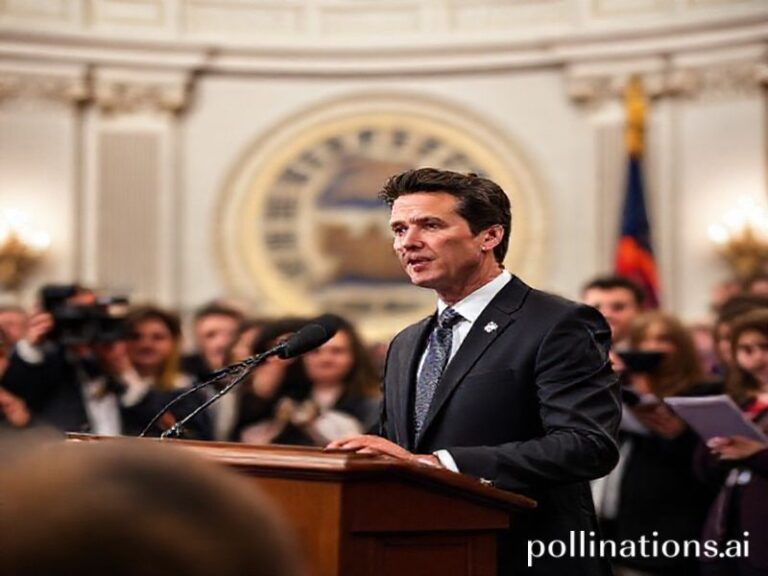Banksy’s World Tour: How One Anarchist With a Spray Can Became the Planet’s Most Valuable Dissident
Banksy’s Global Game of Monopoly: How a Spray-Can Prankster Became the World’s Favorite Dissident Asset
By Matteo “Macabre” Moretti, roaming correspondent, currently caffeinating in a Lisbon café that still smells faintly of fresh stencils.
LONDON—PARIS—TOKYO—(Reuters of the Ridiculous)—Somewhere between the fall of the Berlin Wall and the rise of TikTok, humanity collectively agreed that a clandestine bloke with a spray can and a gift for punch-line satire would make a better central banker than most central bankers. Banksy, the hoodie-clad Banksy, the Scarlet Pimpernel of pavement politics, has turned the planet into one vast, free-admission gallery—while simultaneously selling that same planet back to itself for seven-figure sums. The joke, as always, is on us, and the interest rate is payable in existential dread.
Consider the itinerary of just the past twelve months: a new rat in the London Underground reminding commuters that, yes, you’re still breathing other people’s exhalations; a migrant rescue boat named after Marie-Antoinette, bobbing in the Mediterranean like a satirical life-raft; the “Valentine’s Day mascara” piece in Margate—an abusive husband frozen mid-beat in a freezer-door tableau—scrapped within hours by the local council for “safety reasons,” i.e., for fear someone might actually confront domestic violence without paying admission. Meanwhile, auction houses in New York and Hong Kong sling authenticated Banksy canvases faster than Putin slings war-crime accusations. The contradiction is so on-the-nose it needs its own respirator.
But here’s the international kicker: Banksy’s art isn’t merely crossing borders; it’s re-drawing them. In Ukraine, a gymnast tiptoeing across a bombed-out building becomes a morale-boosting meme faster than NATO can schedule a committee meeting. In the West Bank, the “Walled Off Hotel” offers tourists the chance to wake up inside an ongoing human-rights violation—continental breakfast included. The pieces are temporary, the politics permanent, the Instagram stories eternal. Banksy has weaponized tourism: every selfie is free propaganda, every souvenir T-shirt a miniature annexation.
The financial side is equally farcical. A painting that self-shredded at Sotheby’s in 2018 (“Girl With Balloon”) promptly doubled in value—proving, once and for all, that the market rewards self-critique only when it comes with a certificate of authenticity. Try shredding your student-loan documents and see how far that gets you. Collectors now hire temperature-controlled convoys to whisk stenciled bricks across customs borders, while the EU debates whether aerosol cans should be classified as cultural exports or chemical weapons. Spoiler: they’re both.
Global museums, ever eager to launder relevance, queue up to “host” works that were never meant to be hosted. The British Museum—yes, the same one still holding the Elgin Marbles like an ex who won’t return your vinyl—recently staged a “Banksy Unauthorized” retrospective. Entry fee: £25. Gift shop exit: inevitable. In Melbourne, a council actually voted to remove a rat stencil, then voted to reinstall it under bulletproof glass once tourism dollars scurried away. The rat, one assumes, laughed its plague-bearing head off.
What does it all mean? Simply this: in an era when national leaders tweet policy from the toilet and democracy feels like a subscription service you forgot to cancel, Banksy has become the world’s most trusted brand—precisely because he refuses to behave like one. His anonymity is the last genuine passport left: no visa delays, no extradition treaties, just a stencil and a getaway driver who may or may not be a traffic cone. The art dissolves, the story remains, and the auctioneers pop champagne at the after-party.
So here we are, citizens of a planet where a spray-painted child clutching a red balloon can command more global attention than a UN climate accord. The takeaway? If you want to move markets, minds, and migrant policy, skip Davos. Buy a respirator, practice your can control, and remember to shred on the down-beat. Just don’t expect to stay anonymous once the invoices arrive; even ghosts get subpoenaed these days.
And if you do spot a fresh Banksy tomorrow morning, enjoy it while it lasts. By sunset it will be behind plexiglass, on the blockchain, and priced in fractions of a Bitcoin—proof that in today’s world, the only thing more fleeting than freedom is the paint that warns you it’s disappearing.







